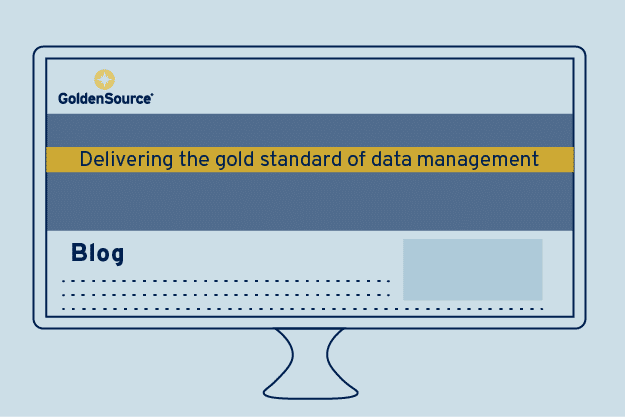Benjamin Graham once said that the “individual investor should act as an investor and not as a speculator.” All very well if the investor knows what they are putting their money in. While there is no denying the sector’s determination to put an end to the culture of misselling post 2008, putting this into action has been far harder than many first thought. Nowhere does this apply more than with the uncertainty currently surrounding the DOL Fiduciary Rule.
What is the DOL Fiduciary Rule
According to Investopedia, “the DOL fiduciary rule automatically elevated all financial professionals who work with retirement plans or provide retirement planning advice to the level of a fiduciary, bound legally and ethically to meet the standards of that status.” In short, the rule was developed to reform how financial advisers go about advising end investors, but the industry is still awaiting full implementation of the rule. Until full legislation is passed, industry professionals will continue to be unsure about the best course of action to take.
State of Affairs
As it stands, many firms are still none the wiser when it comes to the disconnect between product development and inadvertently selling a poorly suited product to the end investor. Scratch beneath the surface and it is not hard to see what’s underpinning this uncertainty. After all, with so much information on financial products, how does a firm go about classifying an instrument in terms of suitability? Is there a tax whacked on the product? Is the product eligible to be used as a collateral pool? These are all questions that need to be answered for financial institutions to be fully confident about the quality of advice and products they are selling to clients. And the truth is, no investment firm or financial adviser should be sitting around waiting until after the DOL Fiduciary Rule has come into full force before addressing this issue.
Attempts at change
In an attempt to improve the communication flow, firms are already beavering away trying to adjust internal systems connecting the front and back office. However, this is no easy task. In order to make this happen, systems need to be in place that provide much greater flexibility and control over data and related processes underpinning the products sold to end investors. Key to this is the fundamental decision of whether to control fiduciary compliance from the front office customer relationship management (CRM) system or a back-office product master.
The former might seem appealing as a quick fix, and has the benefit of being an established system in every firm, but product suitability is inherent in the latter. Dedicated features and functions are required to record, maintain and distribute product data to various departments within the firm, including risk, finance and client reporting. Since sales is not the only department requiring product-related data, the governance and rules around DOL Fiduciary Rule compliance cannot sit successfully with the front office.
Additionally, CRM systems rarely support the degree of product detail required, and the department in which behavior needs to change should not be left to self-regulate. If problems crop up in data quality or process discipline, a firm needs to have the ability to write new rules to ensure it is DOL compliant. The back office is the logical place for this to be initiated. Product mastering, like the mastering of reference static or client data, needs to become a mature capability to ensure the firm can take on profitable business.
The DOL Fiduciary Rule going forward
With widespread expectations that the DOL Fiduciary Rule will be implemented in full come January, investment firms need to use this time to overcome this operational product mastering challenge. Those that use this period to link together the key data sets connecting the dots between how financial products are created, sold and managed, will be the ones helping to create the new investment environment the industry has been seeking. If financial advisers and firms adopt this approach between now and January, then perhaps we may have a world where the investor can really act as an investor, all because they actually understand what they are investing in.
Contact us to learn more

